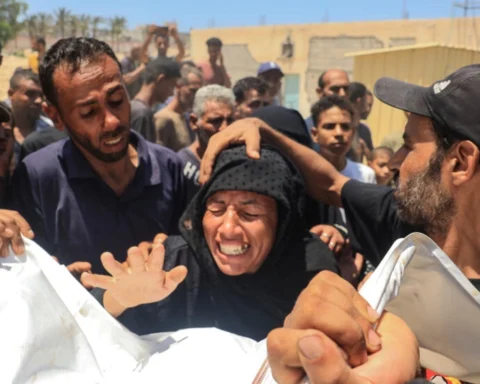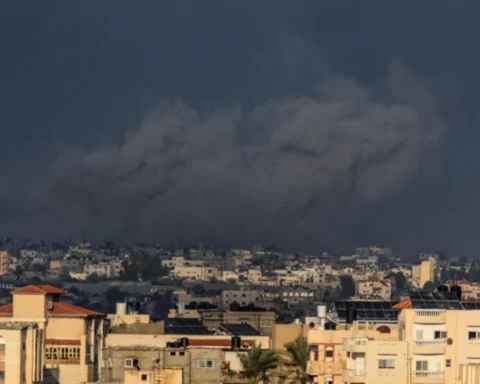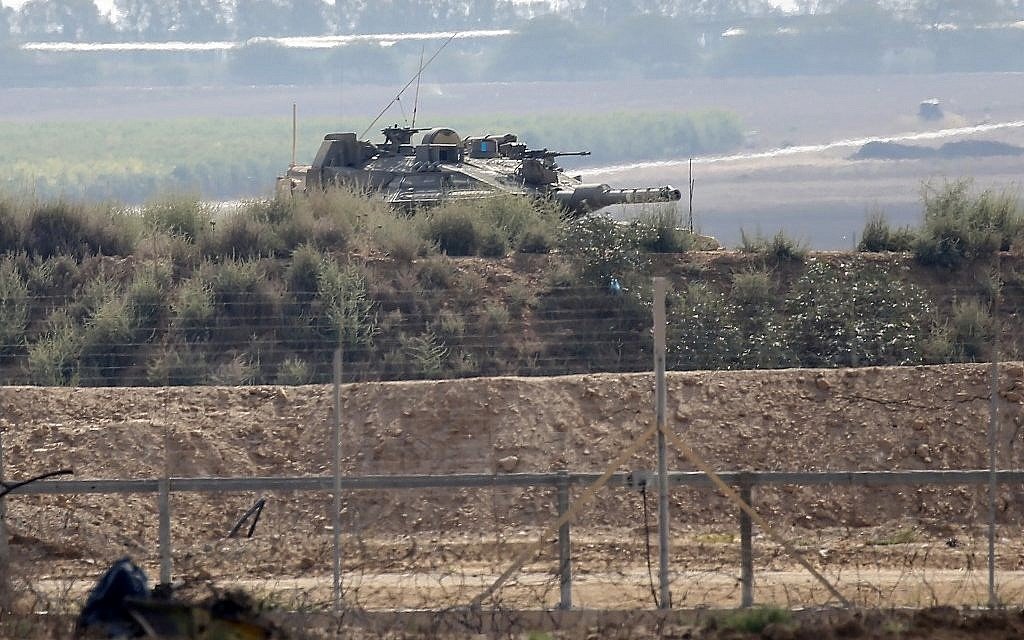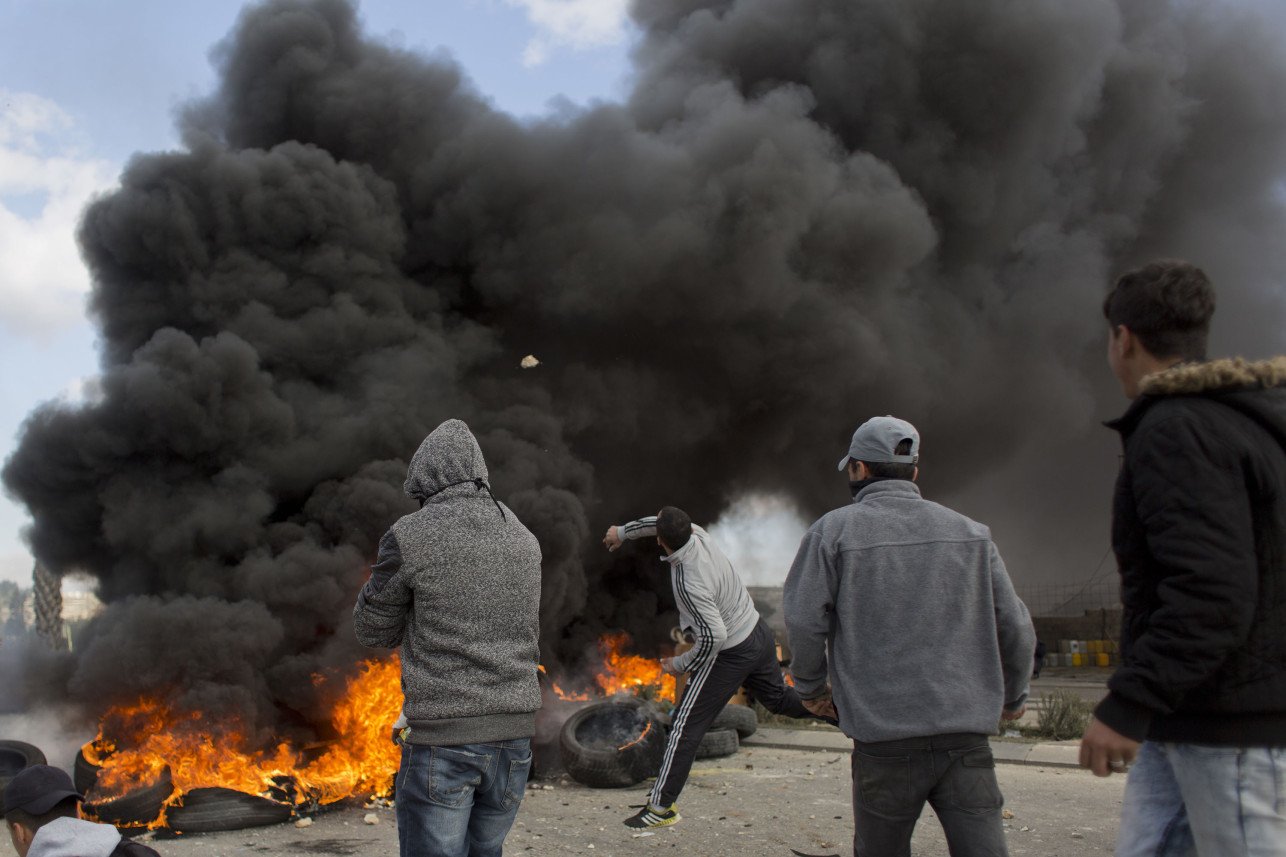n a significant gathering at the International Court of Justice (ICJ) in The Hague, over fifty states are slated to present their views on the first day of hearings concerning the legal implications of Israel’s occupation of Palestinian territories, commencing this Monday. Palestinian Foreign Minister Riyad al-Maliki is poised to lead the proceedings with the opening address.
The hearings stem from a 2022 request by the United Nations General Assembly, seeking the ICJ’s advisory opinion on the protracted occupation. This move, though yielding non-binding outcomes, could amplify political pressure on Israel amidst its ongoing conflict in Gaza. The strife, erupting since October 7, has led to approximately 29,000 Palestinian fatalities, as reported by Gaza health officials.
Prominent nations, including China, Russia, South Africa, Egypt, and the United States—Israel’s foremost ally—are among the attendees. Israel, having submitted written observations, opts out of a direct presentation.
This legal scrutiny aligns with Palestinian efforts to engage international legal frameworks in examining Israel’s conduct, especially following the significant Hamas offensive on October 7 and Israel’s military counteractions. The situation is further aggravated by fears of an Israeli ground invasion targeting Rafah in Gaza, a sanctuary for over a million displaced Palestinians.
The dispute traces back to the 1967 war when Israel seized the West Bank, Gaza, and East Jerusalem—territories Palestinians envision as their future state. Despite withdrawing from Gaza in 2005, Israel continues to control its borders, in conjunction with Egypt.
The World Court has previously been petitioned for advisory opinions on the occupation, notably declaring Israel’s separation wall in the West Bank as a violation of international law in July 2004. Current deliberations will examine the broader aspects of Israel’s occupation, including settlement expansions, annexation efforts, and demographic shifts, particularly in Jerusalem.
Israel’s post-1967 settlement surge in the West Bank and the annexation of East Jerusalem—moves unrecognized by most countries—pose significant hurdles to the establishment of a viable Palestinian state. The ICJ is also tasked with assessing the legal consequences of these actions for the international community and the UN.
Separately, the court addresses a genocide lawsuit initiated by South Africa against Israel, focusing on alleged violations of the 1948 Genocide Convention in Gaza. A recent ICJ directive ordered Israel to cease alleged genocidal acts in Gaza by January’s end.
While the ICJ’s advisory opinions carry considerable legal and moral weight, they remain non-binding, underscoring the complex dynamics of international law in resolving long-standing geopolitical conflicts.






